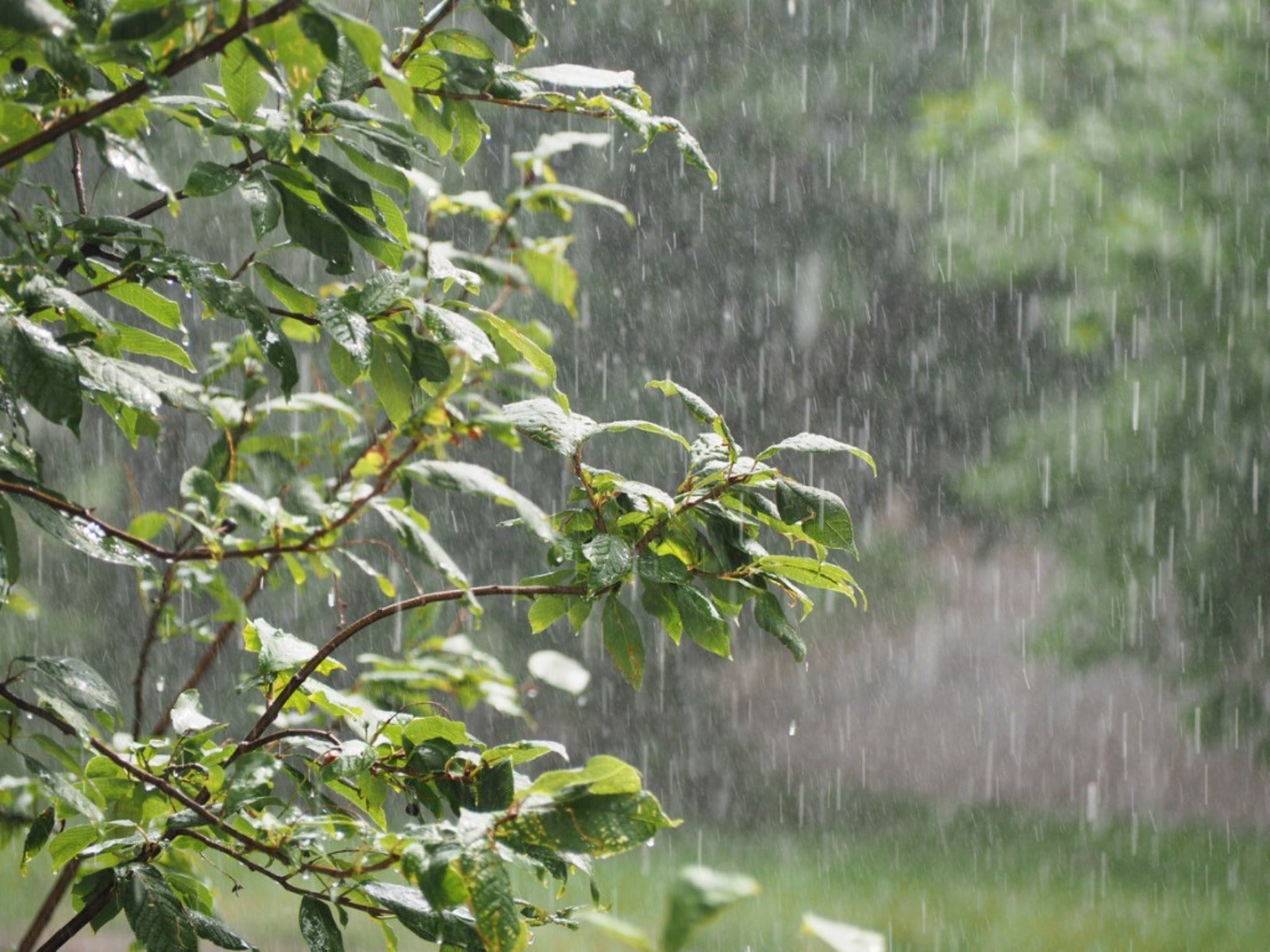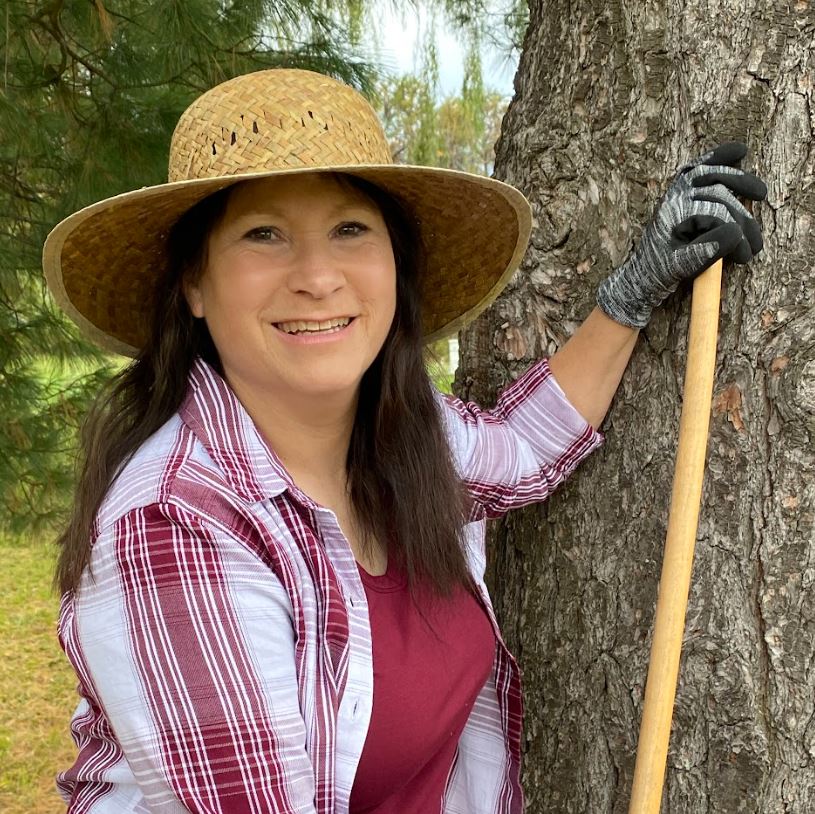Learn How Plants And Soil Produce The Smell Of Rain


Have you ever been working in the garden when, for some unknown reason, you look up to see the horizon darkening. You know rain is coming, but how? You may not be aware of it, but that unique smell before rainstorms is what likely caught your attention. What's more, the ability to smell rain might be an evolutionary adaptation that helped our ancient ancestors survive.
Coining a Word for the Smell of Rain
In 1964, Australian scientists coined a term for the smell of rain. They called it petrichor, petri from Greek for stone and ichor for the ethereal fluid which flowed through the veins of the ancient Greek gods. This smell is often described as a woodsy or earthy aroma and most people find it quite pleasant.
Research conducted by the University of Arizona in the Sonoran Desert suggests this pleasant aroma may actually have health benefits for humans. Researcher Gary Nabhan discovered 115 volatile compounds released by desert plants before, during, and after rain events.
Studies have identified 15 of these compounds as being beneficial for humans. From improving sleep patterns to reducing depression, studies have shown that volatile compounds in the soil and on plants contribute positively to human health. Additionally, Nabhan's studies have proven what ancient Asians knew centuries ago.
The practice of “forest-bathing” by ancient Shinto and Buddhist worshippers inspired the Japanese government to coin the term “Shinrin-yoku” in 1982. The Japanese government encouraged its citizens to spend time in wooded areas as a means of relieving stress and reducing rising rates of autoimmune diseases. The ancient practice of forest-bathing involves bringing the woods into one's body by using all five senses.
What is Petrichor?
Petrichor, the rain smell, is a mixture of volatile oils and geosmin. The fragrant oils are secreted by plants to suppress seed germination until the rainy season arrives. Geosmin is an alcohol compound produced by actinobacteria when they decompose organic material.
During dry spells the actinobacteria remain idle. When humidity rises, as it often does right before a storm, these microbes get busy. The result is an increase of geosmin.
Sign up for the Gardening Know How newsletter today and receive a free copy of our e-book "How to Grow Delicious Tomatoes".
Within the last decade, two MIT researchers discovered the mechanism which many believe is responsible for releasing these volatile plant oils and geosmin into the atmosphere. Cullen R. Buie and Youngsoo Joung conducted hundreds of experiments on different types of surfaces and soils.
Using high-speed cameras, the team filmed the moments when raindrops hit a porous surface. As raindrops hit a surface, they flatten out. At the same time, tiny bubbles form and rise to the surface of the raindrop. Photographic evidence revealed these bubbles release aerosols into the air. The petrichor smell is believed to be a mixture of volatile plant oils and geosmin that make up these aerosols.
Factors Which Affect Petrichor Release
In their many experiments, Buie and Joung discovered both the speed of the raindrop and the permeability of the surface it hits has an effect on the amount of volatiles released. Light or moderate rain hitting dry, sandy soils send up the biggest bursts of aerosols.
These volatile compounds are then dispersed by gusts of wind racing ahead of the rain. As a busy gardener toiling away in your veggie or flower beds, you only need a few parts per trillion of geosmin to detect this fragrant compound and know that rain is on its way.
The ability of modern humans to register such a minuscule amount of geosmin is likely a factor of our evolution. For our hunting and gathering ancestors, rain brought increased plant growth and an abundance of prey animals. Early humans who had the ability to detect rain were much more likely to survive and pass this trait on to their offspring than those who couldn't.
So next time it rains, be sure to step outside and take a good whiff of petrichor. It not only smells wonderful, but is likely to lift your spirits as well. You'd better hurry though. The fragrant smell after a rain shower isn't apt to linger very long.

Laura Miller has been gardening all her life. Holding a degree in Biology, Nutrition, and Agriculture, Laura's area of expertise is vegetables, herbs, and all things edible. She lives in Ohio.